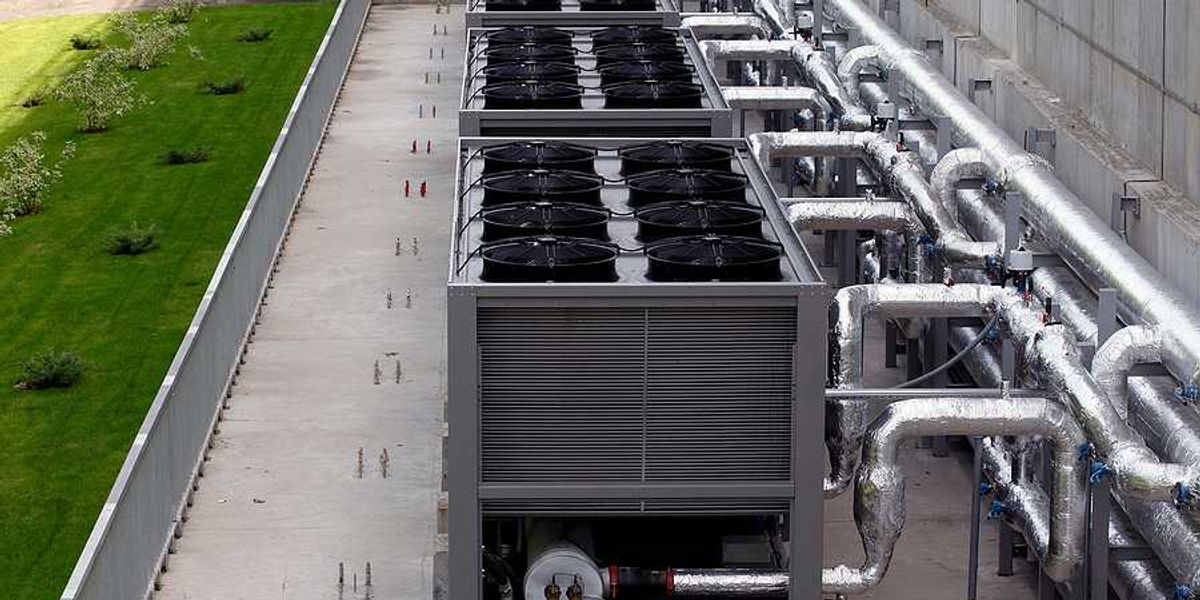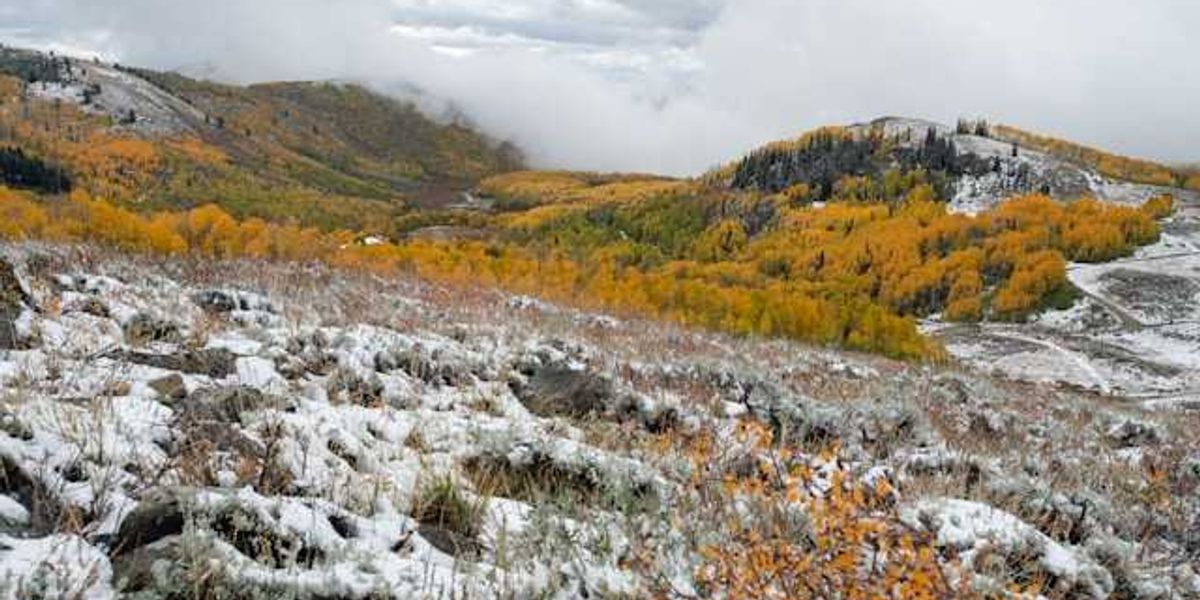Greenpeace verdict over pipeline protest defamation could spell problems for environmental activism and speech
A North Dakota jury found Greenpeace defamed pipeline builder Energy Transfer during protests against the Dakota Access Pipeline, awarding $250 million in defamation damages. What does it mean for environmental activism and free speech?
Karen Zraick reports for The New York Times.
In short:
- The jury found Greenpeace made nine defamatory statements about Energy Transfer during the Dakota Access Pipeline protests, including claims about desecration of sacred sites and violence against demonstrators.
- Legal experts warn the verdict could set a precedent that chills protest speech by nonprofits across the political spectrum, depending on how appeals courts handle First Amendment questions.
- Greenpeace plans to appeal in North Dakota’s Supreme Court, while also pursuing a separate countersuit in the Netherlands under European anti-SLAPP laws.
Key quote:
“This case should alarm everyone, no matter their political inclinations. We should all be concerned about the future of the First Amendment.”
— Sushma Raman, interim executive director of Greenpeace USA
Why this matters:
The court ruling against Greenpeace has sent a chill through advocacy communities nationwide, raising new questions about the limits of protest and public criticism in the United States. At the heart of the case is a judgment against the environmental group for its role in opposing the Dakota Access Pipeline, a verdict many see as a potent example of a Strategic Lawsuit Against Public Participation, or SLAPP suit. These lawsuits, often brought by corporations, are less about winning on the merits and more about exhausting critics through prolonged legal battles. While 32 states have passed anti-SLAPP laws to protect individuals and organizations from such tactics, North Dakota has not — an omission now under scrutiny.
For groups focused on environmental justice, Indigenous sovereignty, and climate action, the ruling could mark a turning point — where the legal right to speak out faces growing pressure from financial and political power.
Read more: Court ruling against Greenpeace sends warning to protest groups nationwide













